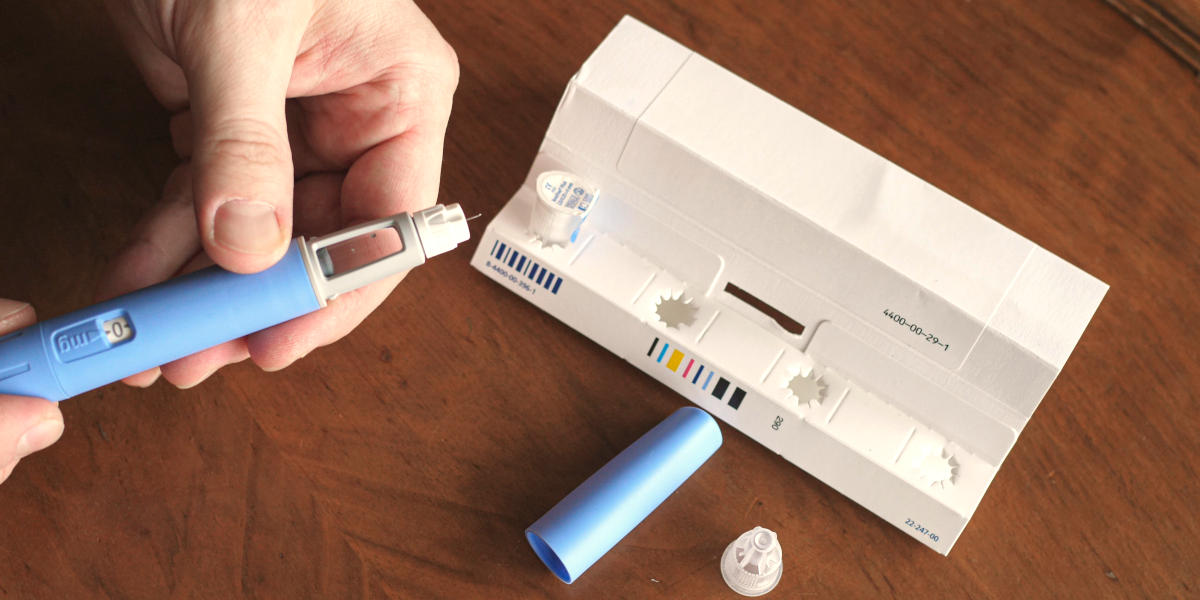Women who go to bed late and get up late increase their risk of developing type 2 diabetes by almost a fifth, a study has shown.
Researchers from Brigham and Women’s Hospital in Boston say that ‘night owls’ are also more likely to drink more alcohol and do less exercise than ‘early birds’.
The team studied data from almost 64,000 nurses in middle age between 2009 and 2017, which provided information on their sleep patterns and habits, diet, BMI and more. The researchers then looked at which women had diabetes.
Those who took part in the study were asked if they had an evening or morning chronotype, which is circadian preference.
Out of the group, 11% said they had an evening chronotype while 35% said they had a morning chronotype. The rest said they didn’t fit into either group.
The team studying the data found that an evening chronotype was associated with a 19% greater risk of diabetes.
Study author Tianyi Huang said: “Chronotype, or circadian preference, refers to a person’s preferred timing of sleep and waking and is partly genetically determined so it may be difficult to change.
“People who think they are ‘night owls’ may need to pay more attention to their lifestyle because their evening chronotype may add increased risk for type 2 diabetes.”
Out of all the participants with the healthiest lifestyles, only a small number classed themselves as ‘night owls’ – 6%. This was compared to 25% of those with the unhealthiest lifestyles who were ‘night owls’.
- Use of natural oil diffuser at night boosts memory among older adults
- Sleeping less than 5 hours a night can double the risk of clogged leg arteries
First author Dr Sina Kianersi said: “When we controlled for unhealthy lifestyle behaviours, the strong association between chronotype and diabetes risk was reduced but still remained, which means that lifestyle factors explain a notable proportion of this association.”
The research team will now examine the genetic causes of chronotype and its association with heart disease.
Dr Kianersi added: “If we are able to determine a causal link between chronotype and diabetes or other diseases, physicians could better tailor prevention strategies for their patients.”







